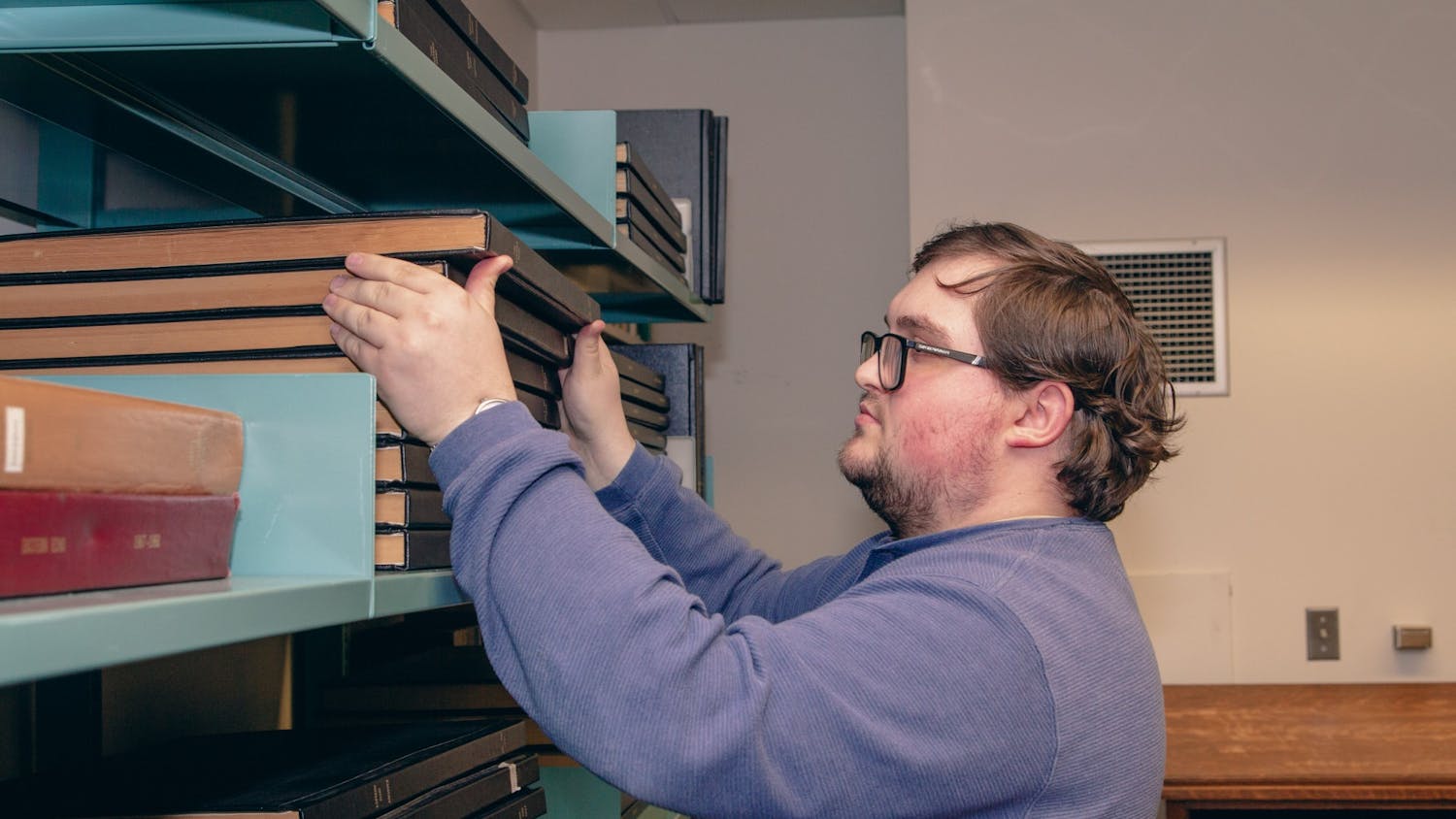Dr. Petra Kuppers, 2022-23 McAndless Distinguished Professor Chair, hopes to broaden the understanding of disability culture through art, history and knowledge. Kuppers will be presenting a talk at Eastern Michigan University titled “Disability Histories: Arts-Based Methods, Archives and Futures,” on Tuesday, Jan. 31 at 6 p.m. in the Student Center Ballroom.
Established in 1986 through a generous gift from the late M. Thelma McAndless, Professor of English Language and Literature, the McAndless Professor is a visiting scholar of national prominence in the arts or humanities.
“Departments and schools make nominations for the following year's McAndless Professorship,“ Dr. James Egge, professor and interim associate dean of programs in Eastern’s College of Arts and Sciences, said. "A faculty committee reviews the nominations and recommends a candidate to the Dean of the College.”
Kuppers work as a scholar, writer, and artist has granted her the McAndless Professorship, in which many feel is well deserved.
“Petra Kuppers is a wonderfully creative scholar whose work spans dance, theater, creative writing, visual arts, critical disability studies, and feminist studies, she is a leading scholar of disability performance,” Egge said.
Kuppers upcoming lecture will be one of her many accomplishments during her McAndless Professorship. Audiences will witness her search for disabled dance ancestors at the New York Public Library Dance Archives. She will look for “disabled” and “mad” people in the archive, “for the ways that labels like handicapped, disabled, crip, psych, and mad travel and intertwine, shift and change in library cataloging systems, in the words of people describing one another, and describing themselves.”
She will also discuss why disabled artists are not always included in disability history. Through the use of images and videos, she will introduce a range of international disabled dance artists as they engage in embodies transmission of knowledge.
“It's important to advocate for corporeal knowledge like dance and movement,“ Kuppers said. "In this archive dance I use corporeal knowledge and gestural work as forms of communication. I invite my audiences to engage in these gestures as well, and to track how that feels, what the gestures communicate."
Not only is her scholarly work well recognized throughout the disabled community, but her work as a disability culture activist is as well. She recognizes that giving those who are disabled access to places that aren’t always accessible to them is important.
“That is the biggest step of this work,” Kuppers said. “That we can move from having to rely on the kindness of strangers – which is often offered, and I am glad to take it when it's being offered. But there are many places in which this civil rights issue exists because not everything is always accessible to everyone.”
A reception for the lecture will begin at 5 p.m. People who are interested can attend in person or register for the Zoom webinar at tiny.emich.edu/kuppers. The event is LBC approved for students.










